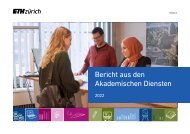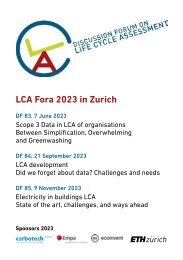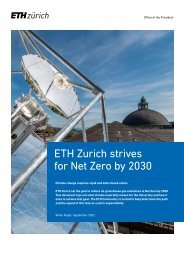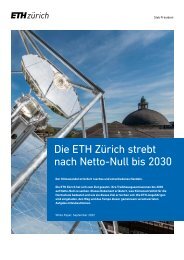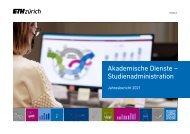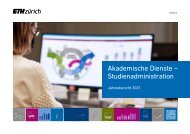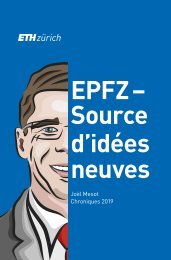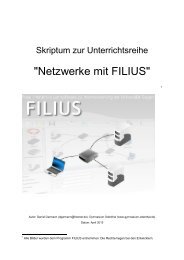Tracer Study Report 2022
The Master of Advanced Studies ETH Mediation in Peace Processes (MAS ETH MPP) is a continuing education program for midcareer professionals seeking to acquire the necessary knowledge, skills, and techniques to mediate violent political conflicts. The MAS ETH MPP seeks to contribute to more effective peace processes and thus a more peaceful and secure world by enabling program graduates to design and run mediation processes using the latest theoretical, methodological, and practical foundations of mediation.
The Master of Advanced Studies ETH Mediation in Peace Processes (MAS ETH MPP) is a continuing
education program for midcareer professionals seeking to acquire the necessary knowledge,
skills, and techniques to mediate violent political conflicts. The MAS ETH MPP seeks to contribute
to more effective peace processes and thus a more peaceful and secure world by enabling program
graduates to design and run mediation processes using the latest theoretical, methodological,
and practical foundations of mediation.
Create successful ePaper yourself
Turn your PDF publications into a flip-book with our unique Google optimized e-Paper software.
MAS ETH MPP
Tracer Study Report
27
learning and development with the Burundi exercise in general and Burundi simulation in Module 5
in particular being a particular highlight for some19. While this is perhaps somewhat to be expected
of a group of practitioners, slightly more surprising were the number of students that emphasized
the significance of having to write research papers: grappling with the challenge of understanding
academic texts and with the intense writing process. Once again, the high standards they needed
to uphold in these papers were a demanding but motivating factor, pushing them to grow and excel.
3. What could be improved?
Alumni were asked what the program was missing or included but did not teach well enough. You will
find the seven key recommendations for improvement below. The only recommendation repeated by
a significant number of alumni was to reduce the density of Module 3. All other recommendations
were mentioned be a few alumni each.
a. Reduce the density of the program content and Module 3 in particular. While module 3 was a
highlight for many, it was also evaluated as having been too packed and as the most demanding of
all modules. As one student put it: “Strongest was module 3, although also too heavy – loved it but
intense”. Therefore, many suggested needing more time for this module and noted their interest to go
deeper into the various topics presented in it in the future as well. While this was true for the module
as a whole, the power-sharing and socioeconomic blocks were noted by several participants as in
particular need of improvement, while on the contrary the security study block and its key trainer
were noted by many as a highlight. It should be noted, that the sense of “wanting more” might be
a feature of the type of the module in particular. Each of the topics presented in the module (e.g.,
security, power sharing, justice, socioeconomics) are a field of study in their own right. The framing
for the module however is that mediation practitioners do not need to become experts in these topics,
but need to know enough in order to be able to dig deeper or reach out to experts if needed. This
may create a sense of frustration as extensive areas of knowledge are only briefly touched upon.
The density of Module 3 was particularly challenging, however the compactness of the program
was also a general challenge throughout; participants tended to feel the program was too full and
did not leave enough time for reflection and digestion of the materials, especially before the exam.
b. Incorporate more opportunities for practice especially in “real life” contexts. While generally
alumni felt that there were many opportunities for practice through exercises and simulations, a
few still wished to have more opportunities for internalization of skills. This request was focused
in particular on creating more structured opportunities for “real life” practice or for observing
mediation in practice: “seeing mediators actually mediate”. This could be done for example through
peer-to-peer or mentoring structures. Related to that was the request for better follow up to the
program in general, creating more structured opportunities to “re-digest” what they learned while
on the job and for reflection within practice. It should be noted that one interviewee felt strongly the
opposite, suggesting micro-skills were overemphasized in the program when considering the limited
amount of time peace mediators and diplomats spend at “the actual mediation table”.
c. Make particularly theoretical content knowledge more accessible. Once again, while the majority
of alumni felt that the program was successful in linking theory to practice, several interviewees
noted challenges during specific sessions that were particularly technical in nature in terms of the
academic methods and theories they presented. This was primarily due to the complexity of the
subject matter and presentation methods that were “hard to digest” as one participant explained, as
well as, at times, their lack of coherence with the broader red thread of the program. Efforts should
therefore be made to make these specific sessions more accessible and integrated.
19 The Burundi simulation is an interactive
exercise cutting across the program
modules. It allows students to
practice conflict analysis (Module 1),
develop options on content (Module 3),
design a mediation process (Module
4), and put their learnt knowledge and
skills to practice in an in-depth mediation
role play (Modules 5/6).



